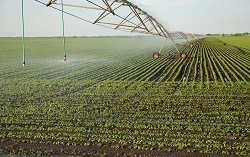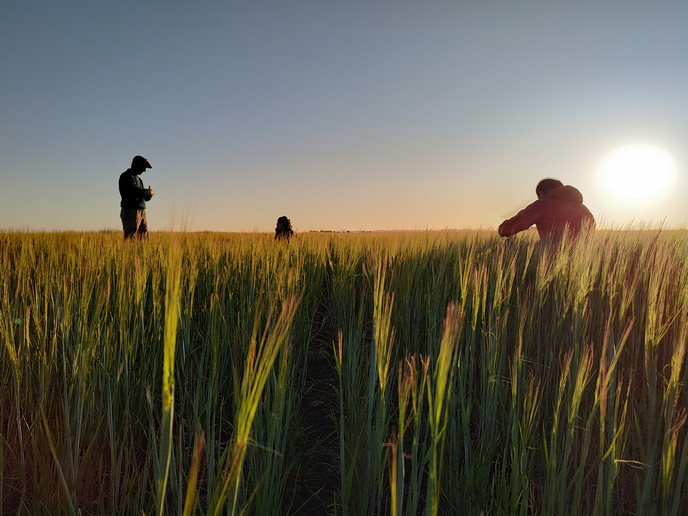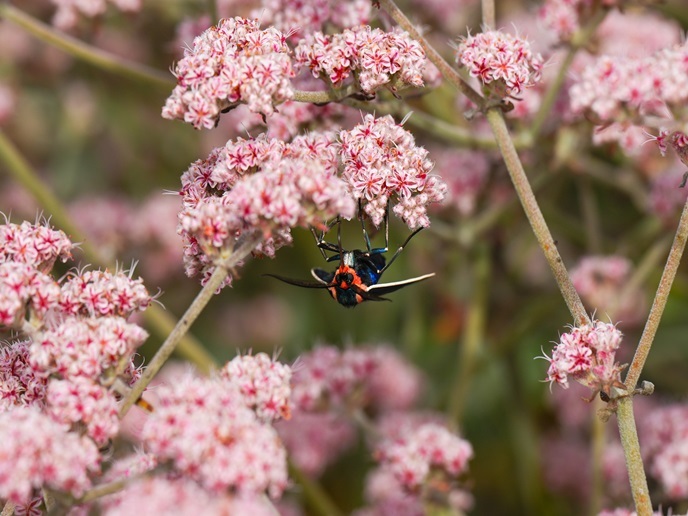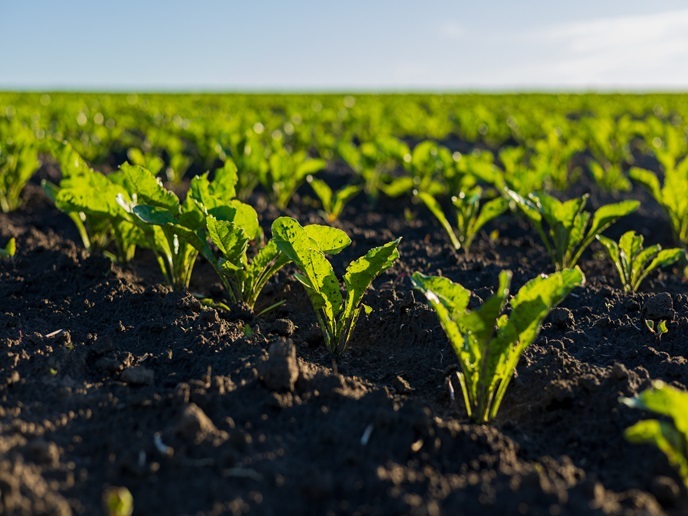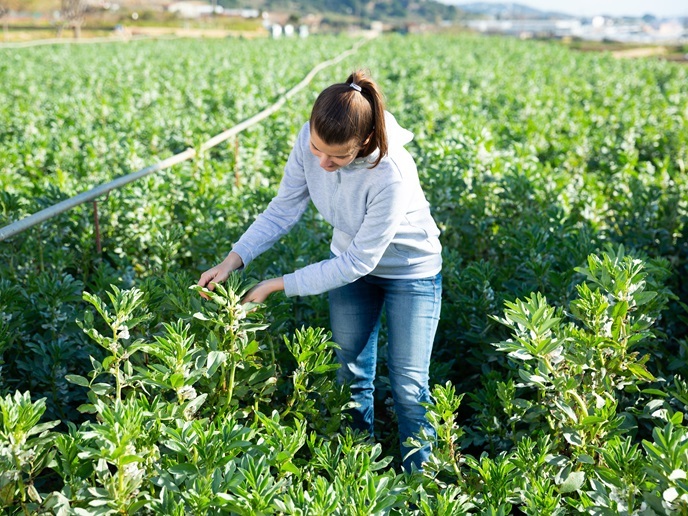A smarter, more precise irrigation system
The efficient and effective use of water in irrigation systems is of critical importance for sustainable agricultural development, food security and overall economic growth. This is particularly true in light of global population growth, climate change and the competing demand for water from other economic sectors. In addressing this challenge, the EU-funded FIGARO project turned to precision irrigation. Precision irrigation is a technique that applies a precise amount of water to crops at precise times in order to optimise crop yield and water productivity. Taking out the guess work ‘Aimed at providing farmers with the necessary tools to make the right decision on irrigation and thereby increasing their productivity and decreasing their use of water, the FIGARO irrigation management platform combines an existing software platform, hardware and sensors with a newly developed DSS (decision support system) module,’ says project coordinator Lior Doron. ‘Together, the system gives the user the best irrigation recommendations at the farm level.’ Features include a sophisticated decision support programme, built in crop growth model, plant and soil sensors, satellite-based data analysis and forecasting algorithms. Information is captured by soil, water, and plant sensors placed around the field at critical locations. This information is combined with local weather measurements from meteorological stations, remote satellite images, weather forecast services and crop and hydraulic models. The system then analyses the data in order to provide the farmer with accurate, precise and reliable recommendations for how much and when they should irrigate their crops. ‘With FIGARO, the farmer knows the exact irrigation volume required, the number of times to irrigate and the right irrigation timing to optimise water use and energy consumption,’ says Doron. Built in flexibility The FIGARO platform’s structure was designed to be able to integrate any type of sensing technique and management model, which allows the user to expand and tailor its functions to their unique needs. As a result, the platform can utilise both a model’s sensing systems and networks calibrated to local conditions and best practices. Furthermore, emerging technologies such as robotic and mechatronic sensors can all be easily integrated into subsequent versions of the platform. Widespread uptake In addition to benefiting farmers, FIGARO also provides policymakers with an effective tool for monitoring and managing irrigation and to better regulate the use of water for agricultural purposes. Likewise, food-related companies who depend on the produce grown using the FIGARO system will see their environmental footprint decrease, making it easier for them to comply with the environmental regulations. ‘The platform’s flexibility, ease of use and minimal maintenance ensures its widespread uptake and use,’ says Doron. ‘Not only is FIGARO helping farmers reduce water and fertiliser use and optimise their energy consumption, it’s also helping the European farming industry adapt to the new realities of climate change and evolve into a sustainable sector.’



